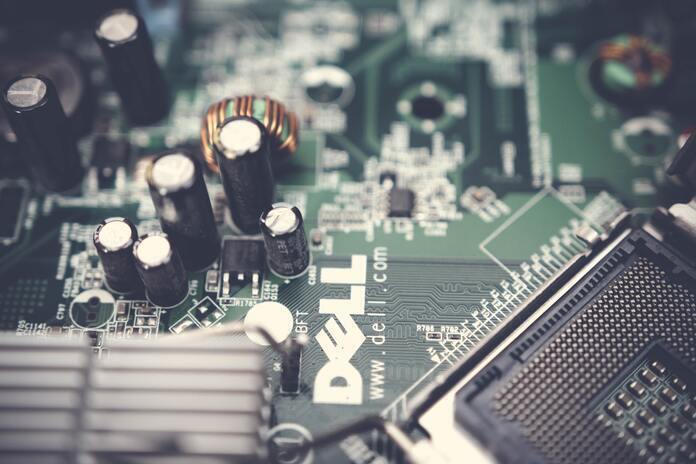Dell Stock (NYSE:DELL)
The investment firm BofA Securities has reaffirmed its Buy recommendation on Dell Technologies (NYSE:DELL), stating that the Texas-based technology giant is moving toward becoming more shareholder friendly and that there is an enhanced governance structure.
In addition, the company increased its price estimate on Dell stock from $55 to $60.
The BofA US Equity and Quant Strategy team recently upgraded its ESGMeter assessment, and in doing so, they discovered that Dell’s current rating is High across all three categories: environment, social responsibility, and corporate governance.
In the past, Dell stock received a rating of High for Environment and Social but a rating of Medium for Governance.
Analysts said that the Governance rating went up because Dell decided to make the Nominating and Governance Committee completely independent by getting rid of CEO Michael Dell and Egon Durban and putting in Ellen Kullman as a member and chair of the committee. Kullman was also selected to serve as the company’s main independent director.
The analysts said that they reaffirmed their Buy recommendation on Dell stock because they believe that the business is poised to gain from a reviving PC market, low expectations for the Infrastructure sector, and as the company becomes more shareholder-friendly with more capital return on the way.
According to BofA US Equity and Quant Strategy research, firms that buy back shares (often at favorable levels) tend to outperform their competitors. In the first quarter of fiscal year 2019, Dell Technologies (NYSE:DELL) repurchased 6.1 million shares for $251 million; the last year, the company repurchased 40 million shares for $1.6 billion.
Dell Technologies (NYSE:DELL) said that the wide product range, growth that was faster than the market, continued stock gains, and the opportunity to improve margins over the next years due to a larger mix of storage and a mix shift to premium settings in PCs and servers were the primary reasons for its Buy recommendation. This mitigates risks such as a deterioration in the state of the global economy, excessive levels of financial debt that restrict buybacks, and restricted shareholder voting rights.
Featured Image: Pexels © Pok Rie
















